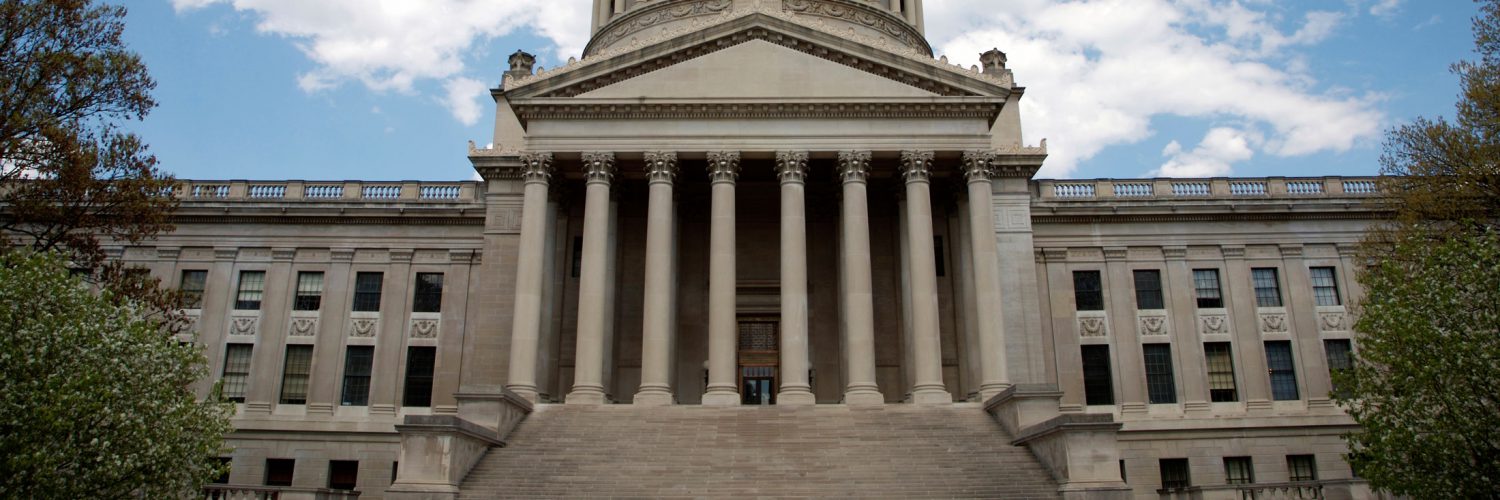IN THE LEGISLATIVE CLAIMS COMMISSION OF THE STATE OF WEST VIRGINIA
SUSAN JILL FOX
v.
WEST VIRGINIA DEPARTMENT OF TRANSPORTATION,
DIVISION OF HIGHWAYS
(CC-19-0120)
Claimant appeared pro se.
Chad M. Cardinal, Attorney at Law, for the Respondent.
PER CURIAM:
The Claimant brought this action to recover for damages to her vehicle. A hearing was held before the Legislative Claims Commission on July 10, 2019.
At the hearing, the Claimant testified that on January 15, 2019, she was driving her 2018 Jeep Grand Cherokee on Interstate 470 near the Bethlehem hill in Wheeling, Ohio County, when she noticed that her tire pressure gauge dropped from a normal level to a dangerously low level rather suddenly. The Claimant exited the roadway and pulled over to assess the situation and she noticed an unidentified object embedded in her tire. The Claimant learned from her mechanic that a metal spike over four inches long was embedded in her tire which caused damages to her tire and tire wall. She testified that she believes that the metal spike was situated in the traveling portion of Interstate 470 when her vehicle struck it. The Claimant produced the metal spike for inspection at the hearing. She did not know the origin of the metal spike or how long it had been in the traveling portion of the roadway. She testified that it was possible that the metal spike was originally from a nearby construction zone. The Claimant testified further that she did not notify the Respondent of the object’s presence in the roadway and did not know whether the Respondent knew the object was in the roadway before her vehicle struck it. The Claimant incurred damages in the amount of $255.95 for a replacement tire; her collision insurance required a deductible of $500.00.
The Respondent asserted in its pleadings and at the hearing that it had no actual or constructive notice of the presence of the metal spike in the traveling portion of the roadway on the date of the Claimant’s incident. Accordingly, the Respondent argued that it should not be held liable to the Claimant in this claim.
The well-established principle of law in West Virginia is that the State is neither an insurer nor guarantor of the safety of travelers upon its roads. Adkins v. Sims, 130 W.Va. 645, 46 S.E.2d 81 (1947). In order to find the Respondent liable in this matter, the Claimant must prove that the Respondent had either actual or constructive notice of the road defect and a reasonable amount of time to correct the defect. Pritt v. Dep’t of Highways, 16 Ct. Cl. 8 (1985); Chapman v. Dep’t of Highways, 16 Ct. Cl. 103 (1986).
In accordance with the prior decisions of the Legislative Claims Commission, “actual notice” is based on direct evidence known by a person or entity while “constructive notice” is defined as “[n]otice arising by presumption of law from the existence of facts and circumstances that a party had a duty to take notice of . . .; notice presumed by law to have been acquired by a person and thus imputed to that person.” Mace v. Ford Motor Co., 221 W. Va. 198, 653 S.E.2d 660 (2007) (citing Black’s Law Dictionary at 1090 (8th Ed. 2004)). A party’s precise knowledge or state of mind concerning a situation often cannot be determined by direct evidence but must instead be shown indirectly by circumstantial evidence.
The Legislative Claims Commission hereby finds that, based on the evidence presented, including the Claimant’s testimony, the Respondent, Division of Highways, did not have actual or constructive notice of the large metal spike located in the traveling portion of the roadway on Interstate 470 West near the Bethlehem hill in Wheeling, Ohio County, on the date of the Claimant’s incident. The case law is clear that where the Respondent, Division of Highways, has no prior notice of a road defect, including debris in the roadway, liability cannot be assessed against it. The Claimant did not provide sufficient evidence to the Claims Commission to establish that the Respondent knew or should have known about the metal spike in the traveling portion of the roadway.
Based on the foregoing, the Legislative Claims Commission is of the opinion to, and does hereby, deny the Claimant’s claim.
Claim disallowed.

Be the first to comment on "CC-19-0120"